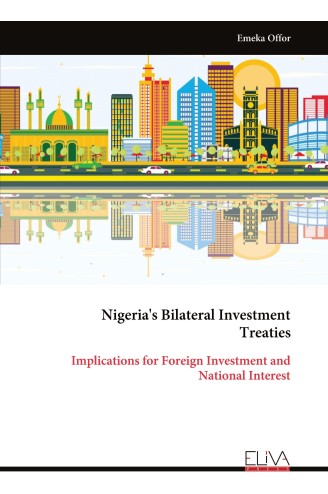Description
Leave review
Description
Nigeria signed its first bilateral investment treaty in 1990. More than three decades later, these international agreements continue to shape how Africa's largest economy interacts with foreign capital, yet their implications remain poorly understood.
This book offers the first comprehensive examination of Nigeria's investment treaty regime and its consequences for economic development. Have these treaties delivered the promised surge in foreign investment? At what cost to regulatory sovereignty? As arbitration tribunals award billions against African states, can Nigeria afford treaties negotiated under vastly different circumstances?
Through careful analysis of treaty texts, arbitral awards, and comparative practice, the study reveals how seemingly technical clauses (fair and equitable treatment, indirect expropriation, umbrella clauses) translate into real constraints on policy space in sectors from petroleum to infrastructure.
The book examines recent efforts by South Africa, Tanzania, and other African nations to recalibrate their treaty commitments, extracting lessons for Nigeria's own choices. Whether to terminate existing treaties, renegotiate them, or allow them to expire becomes not an ideological question but one grounded in evidence about what serves the national interest.
This book provides essential analysis for lawyers practicing international arbitration, government officials crafting investment policy, academics studying economic law, and investors seeking to understand the regulatory landscape. As the most populous African nation rethinks its approach to investment treaties, the reverberations will be felt across the developing world.




